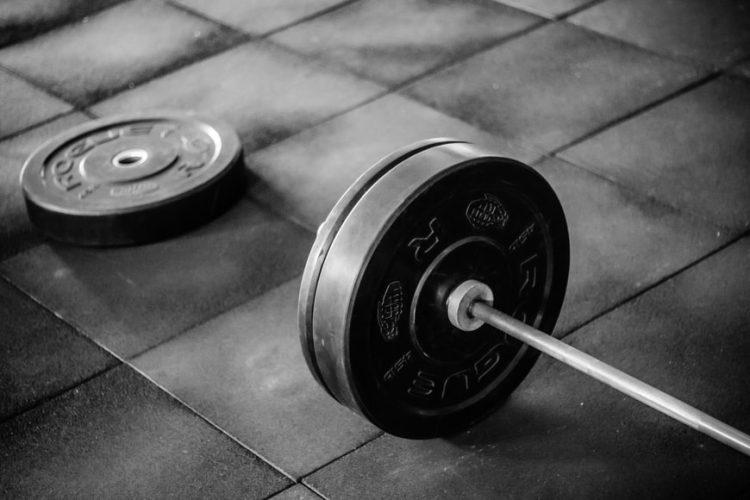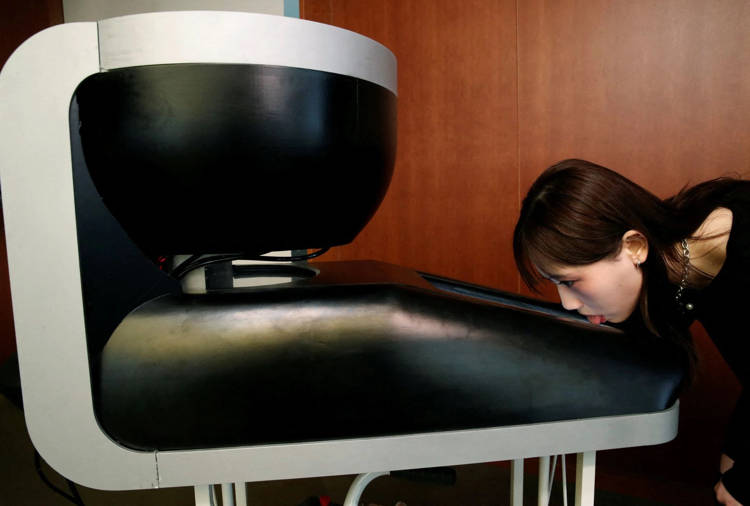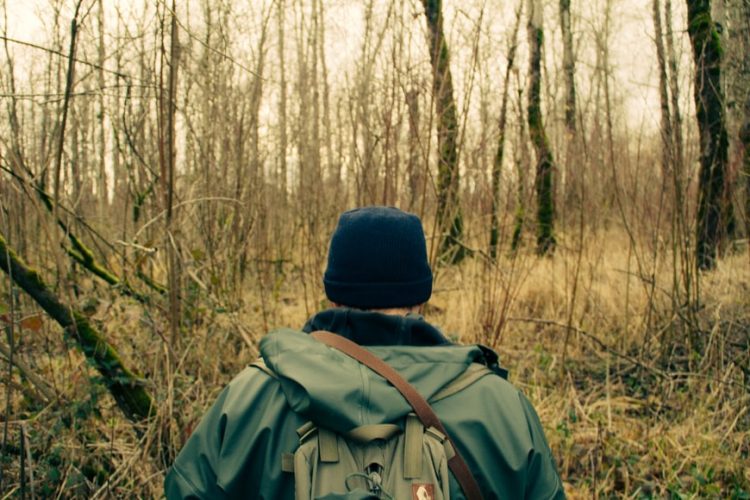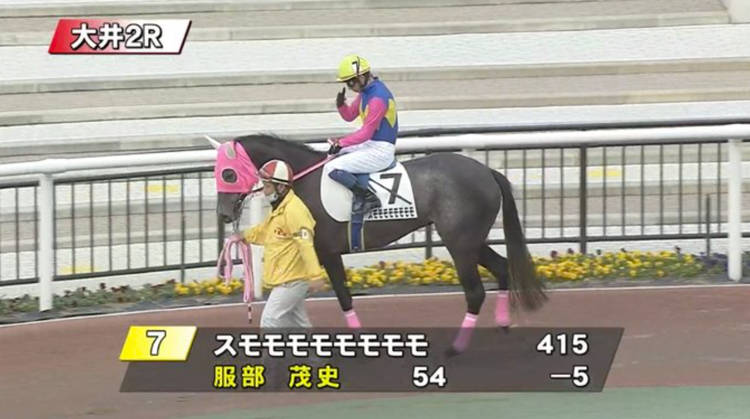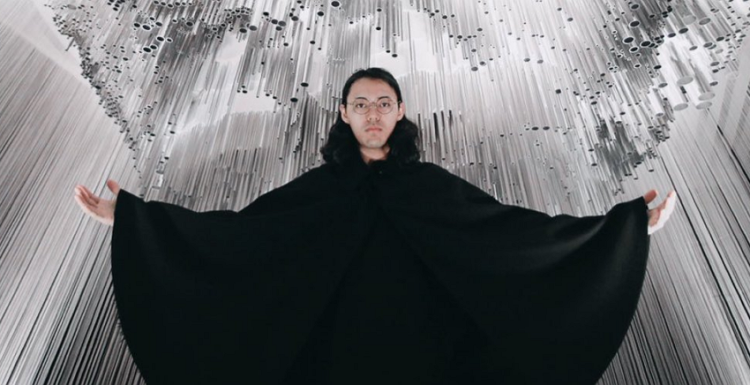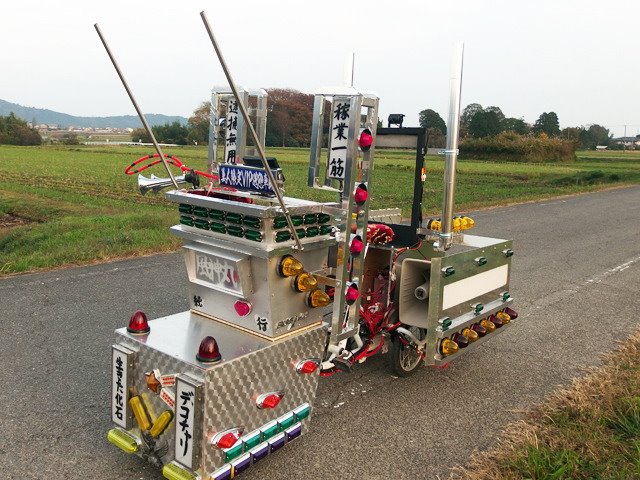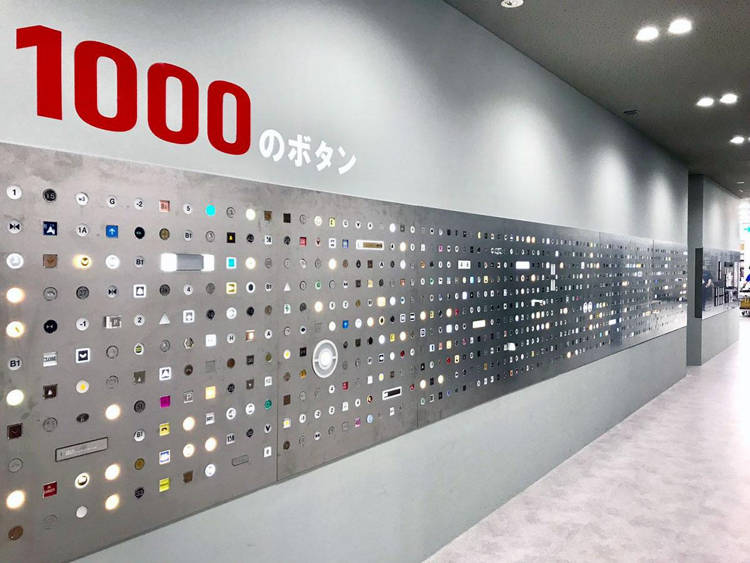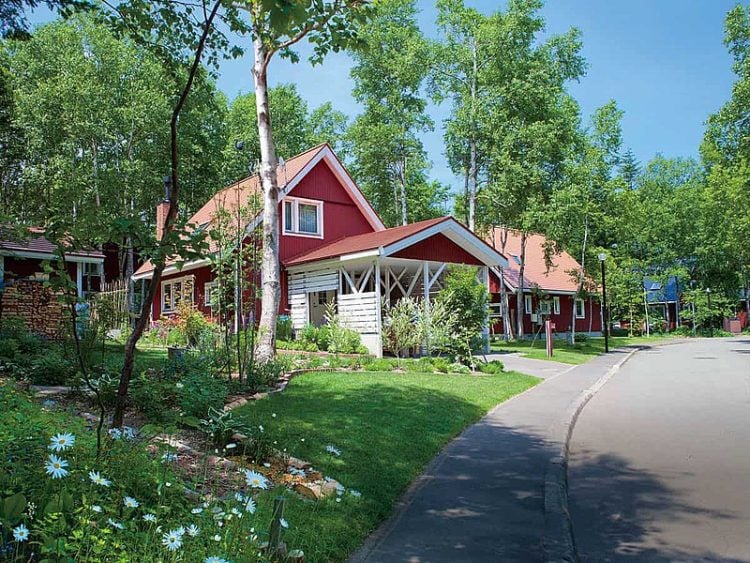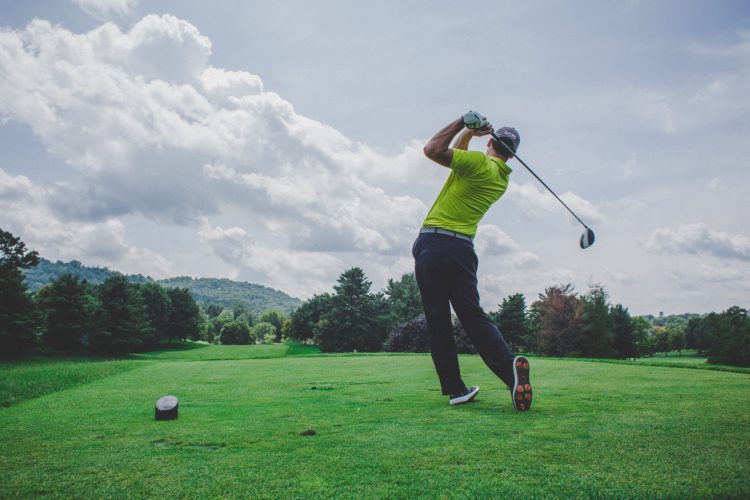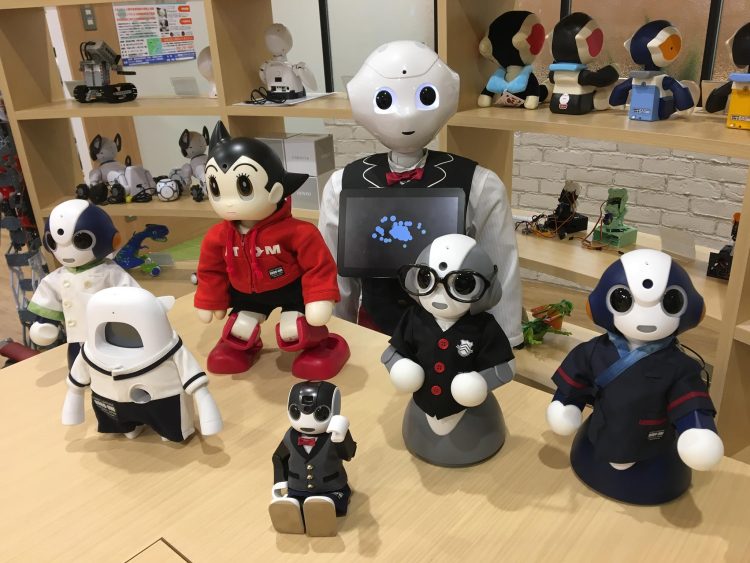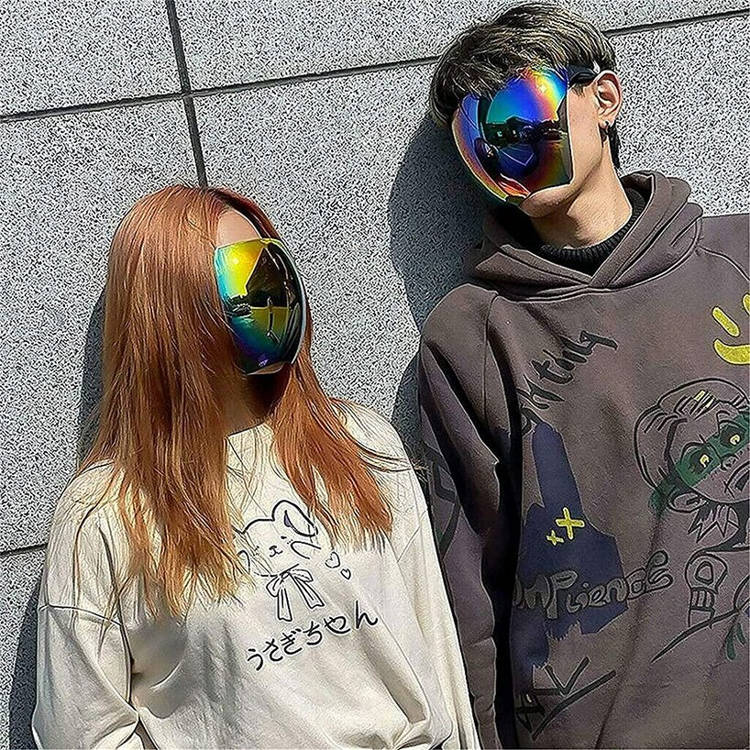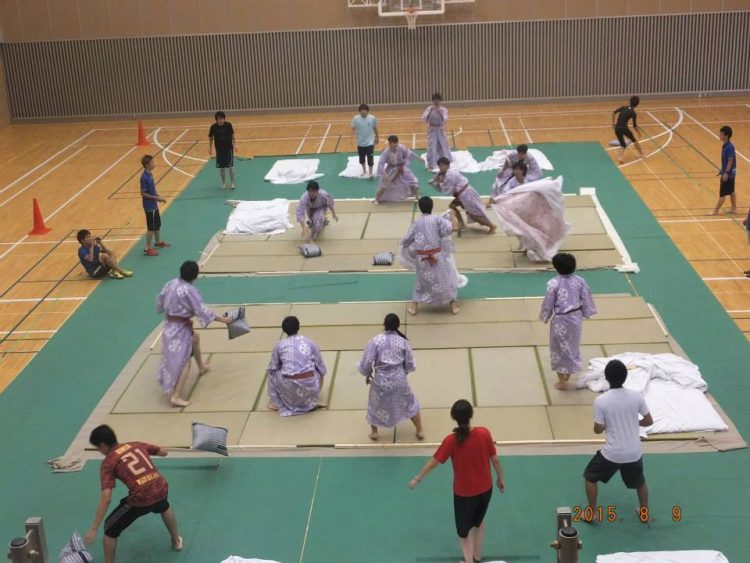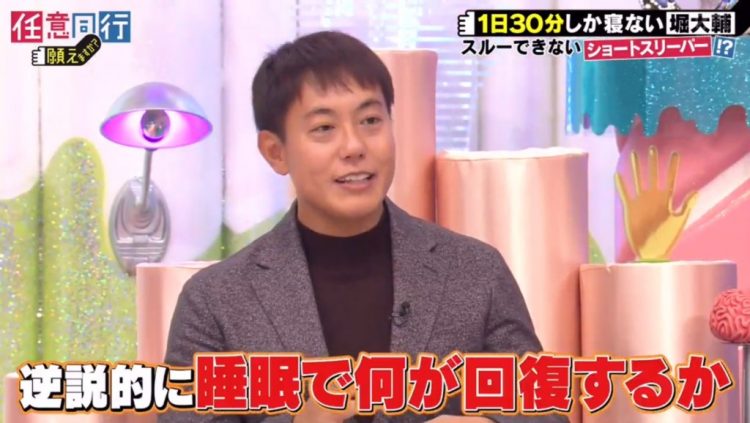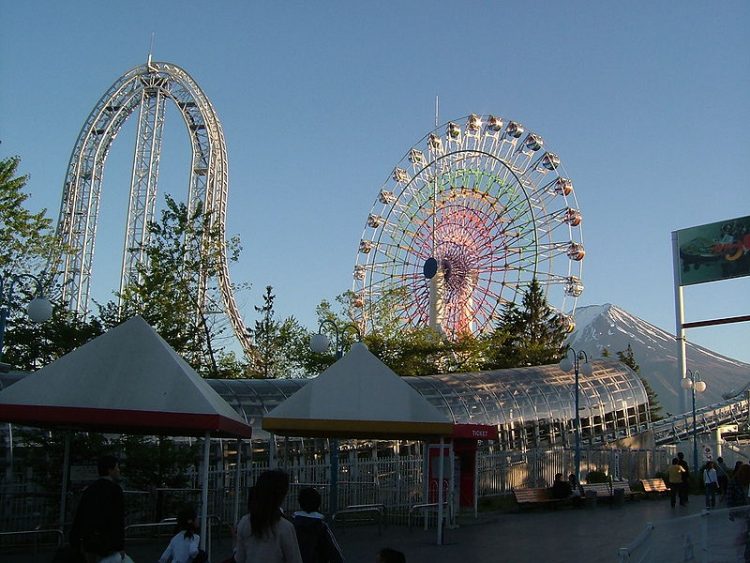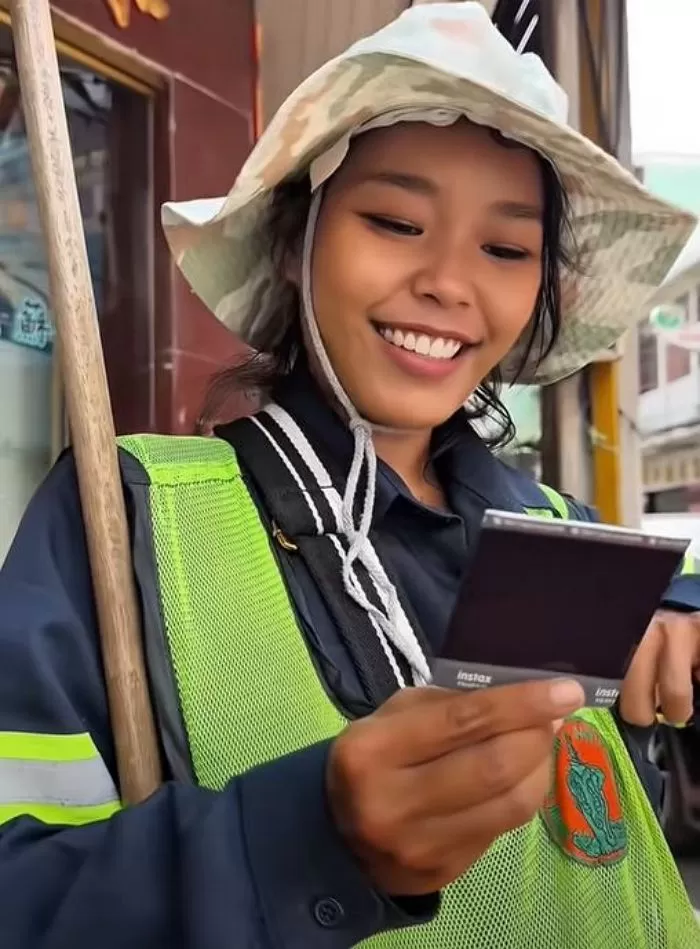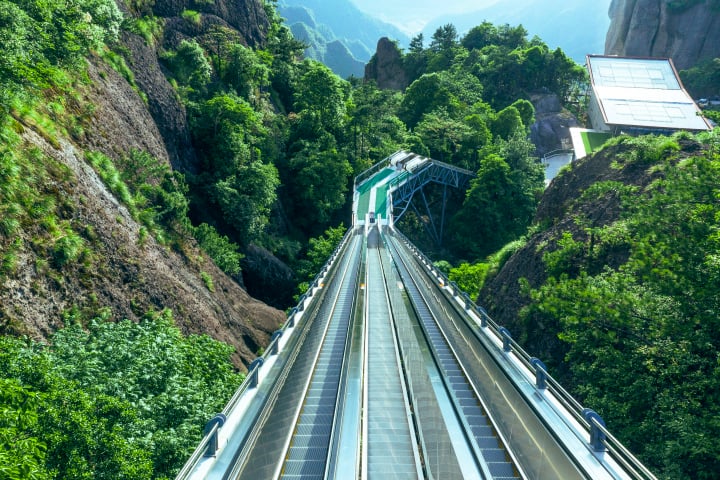Chiyomi Sawa, a 72-year-old woman from Japan has been the undisputed World Masters Women’s Bench Press Champion for the last 19 years, and she doesn’t plan to stop dominating anytime soon.
Walking past Chiyomi Sawa on the street, you’d be forgiven for mistaking her for just a petite, slightly overweight pensioner, but in reality, she is a natural-born athlete with her sights set on her 20th consecutive world bench press champion title. Ever since she started competing at the highest level, in 2006, Sawa has dominated the world championship, winning first place at every edition, in different weight classes. The 72-year-old is now eyeing champion title number 20, and judging by her track record, she’ll most likely claim it.

